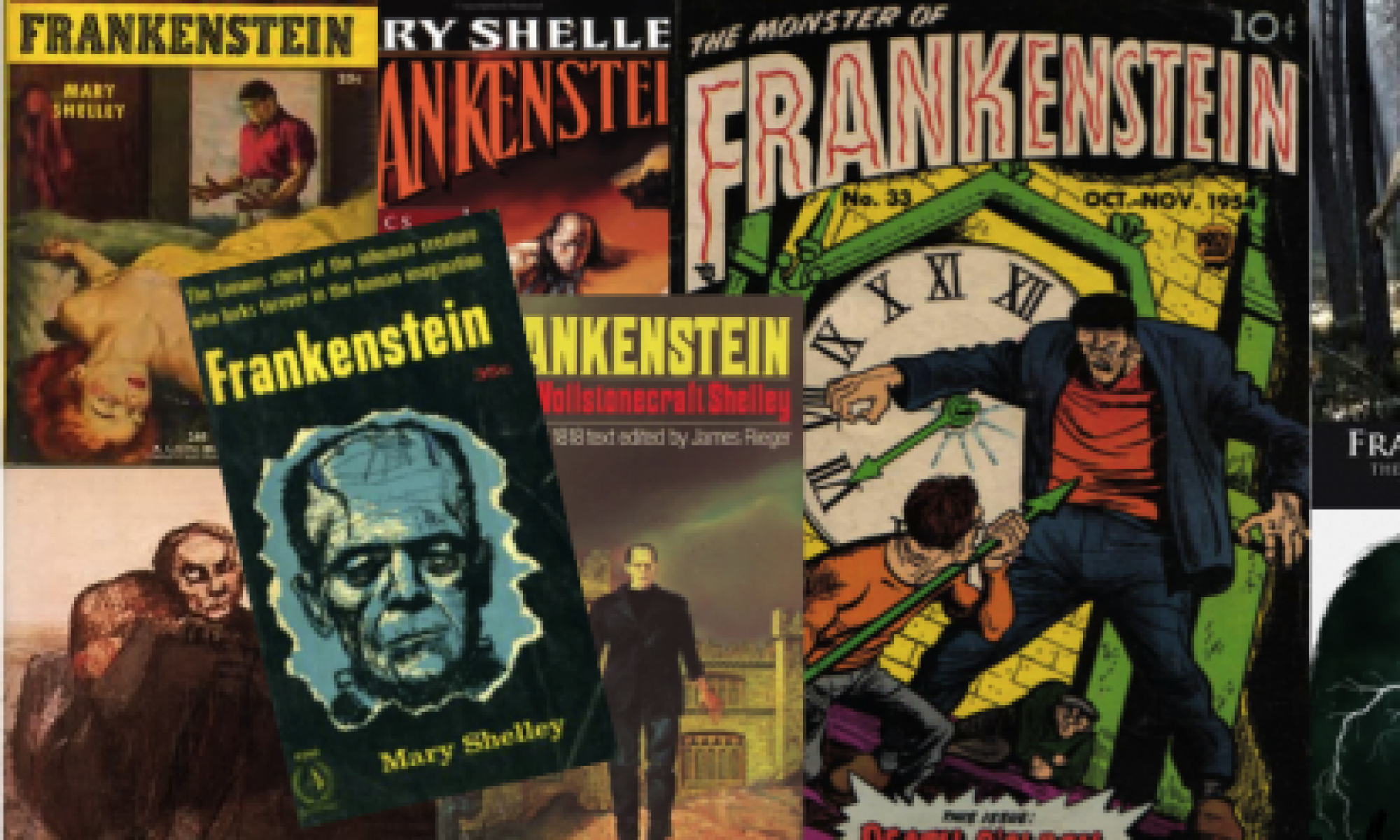Club Nova is an organization housed in downtown Carrboro that gives job and internship opportunities to disabled people who may struggle to find work at other companies, or who find themselves with a lot of spare time and not many disability-accessible ways to fill it. They are one of many organizations in the modern day who see how damaging it is for disabled people to feel unable to communicate, live, eat, move, and prosper the way their non-disabled peers can. Club Nova, one might say, gives voice to individuals who have had their voices stolen by our culture’s unwitting dismissal of disabled people as valuable contributors to society. And as we see in Coetzee’s Foe, it is this lack of voice that can be so traumatic, so devastating, that a disabled person may lose themselves in the silence.
Friday is a highly controversial character, particularly because he is a person of color and seems to have been written by Daniel DaFoe, a white man, as willingly and eagerly submissive to white supremacy. Coetzee, a South African writer, tries to spin this narrative on its head; Friday, controversial as he is, is suddenly at the forefront of the story’s narrative, despite the fact that in Foe he is unable to speak because his tongue was cut out. Susan Barton, the protagonist of Foe, appears tantalized by the mystery that is Friday’s tongue: Who cut it out? Was it Cruso? Slave-traders? Or someone else? And her search for truth — truth in Cruso’s story, truth in her own story, the truth about her daughter, the truth about Friday’s life and his speechlessness — begins.
But it isn’t Susan’s journey that is so enticing, but the silence and seeming numbness of Friday, who goes on to be her main companion until the confusing and open-ended finale in Part 4.
On the island, Friday was Cruso’s main workhorse: he caught fish, he helped build tools and refurnish their hut, he restocked the fire, and he tilled the soil so that crops might grow. But when Cruso, Susan, and himself were rescued, and Susan embarked on a journey to find a Mr. Foe, an author who might consider writing the story of her and Cruso and publishing it, Friday was suddenly useless. He slept when Susan slept, he ate what Susan put in front of him, and occasionally played the flute or danced. The routine of the island was gone, and it quickly seemed that when Cruso passed away, in a way, so did Friday: the part of Friday that thrived on routines and capabilities and habits. Friday becomes distant, numb, and unexpressive.
Susan is desperate to learn of Friday’s stories, and his disability is morbidly tantalizing to her. But she seems to have a selfish investment in Friday that only goes as far as her search for the truth.
Her terrible curiosity belittles Friday to that of an object: something to be picked up and studied, tossed and turned in an attempt to unravel what it is at its core. This selfish and vain curiosity is something not uncommon for disabled people, who receive many unwanted comments, ignorant or sincere, about their disability.
What Friday needs, one might argue, is precisely what Club Nova offers: the ability to be treated like a human being and not a disability. The ability to be seen and recognized for one’s work and accomplishments, and to be given a purpose. This is the life Friday had on the island, regardless of whatever fault we may find in an easily-dislikable character like Cruso. And this is the life Friday left behind when Cruso died and Susan and himself were saved.
But Foe ends with Friday:
“I tug his woolly hair, finger the chain about his throat. ‘Friday,’ I say, I try to say, kneeling over him, sinking hands and knees into the ooze, ‘what is this ship?’
But this is not a place of words. Each syllable, as it comes out, is caught and filled with water and diffused. This is a place where bodies are their own signs. It is the home of Friday.”
Friday’s “home,” the place where bodies are words, is the perfect description of what disabled people have always wanted. To be seen as human: flesh and blood and bones. As bodies. Without judgement. Without explanation or justification. To be seen as just as human as non-disabled people. We are all just blood and bones. Bodies. Lungs.
This is why organizations like Club Nova are important, because when everyone gets the same opportunities, and when everyone is treated like they matter, — and not out of guilt or curiosity or embarrassment — then we as a society give voice to the voiceless. And we are stronger for it.
